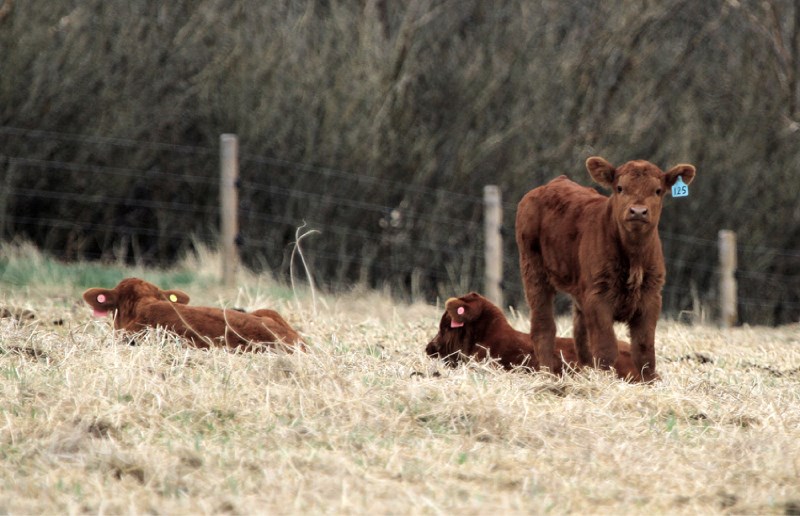On Feb. 1, Canada’s third largest export market for beef opened its doors to animals under 30 months of age.
Prior to the announcement, Japan only permitted Canadian beef exports from animals less than 21 months of age.
The expanded access is expected to double the potential market value of Canadian exports to Japan from approximately $75 million to about $150 million, according to the Canadian Cattlemen’s Association.
“It’s a big improvement,” said Ron Hansen, a local retired beef rancher. “We need to get all the market back that we can.”
Japan has limited the age of beef exports from Canada since 2005 due to Bovine Spongiform Encephalopathy (BSE) found in a Canadian-born beef cow in May of 2003.
“I think it’s obviously great news,” said Wild Rose MP Blake Richards of the expansion.
“It really fits well with what our government’s been doing to open market access,” he said. “Just another example of getting the job done on that front.”
Hansen, who has been in the beef industry for decades and still helps his son with his cows, said the family has cut back its herd by about 40 per cent since 2002.
“The more the market expands, the more cows we will run, and the more it will help us,” he said.
The retired rancher said he hopes this expansion will allow for more stability in beef markets and increase the beef price a little.
According to data from Statistics Canada, the price per head of livestock on Jul. 1, 2002 for beef cows was $1,121. On Jul. 1, 2003, weeks after the first reported case of BSE in Canadian-born cattle the price plummeted to $788. By Jul. 1, 2004, the price had further dropped to $667.
Recovery of beef prices has been on the rise since 2004 and had climbed to $1,183 by the last reported date of Jul. 1, 2011.
“I think our federal government has done a really good job with agriculture over the last few years,” he said, adding it has been a long, slow process.
BSE is commonly known as mad cow disease and has been the target of Canada and Alberta BSE Surveillance Program (CABSESP) since the program’s inception on Sept. 10, 2004.
CABSESP tests significant numbers of animals in the highest risk cattle populations and, according to the Alberta Government’s website, CABSESP has allowed “Canada (to) more precisely and effectively verify that the level of BSE in the national herd continues to decline as quickly as possible. These changes also support Canada’s status as a controlled risk country for BSE, as recognized by the World Organisation for Animal Health.”



